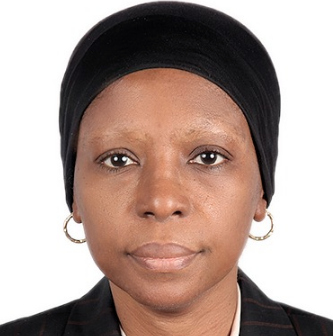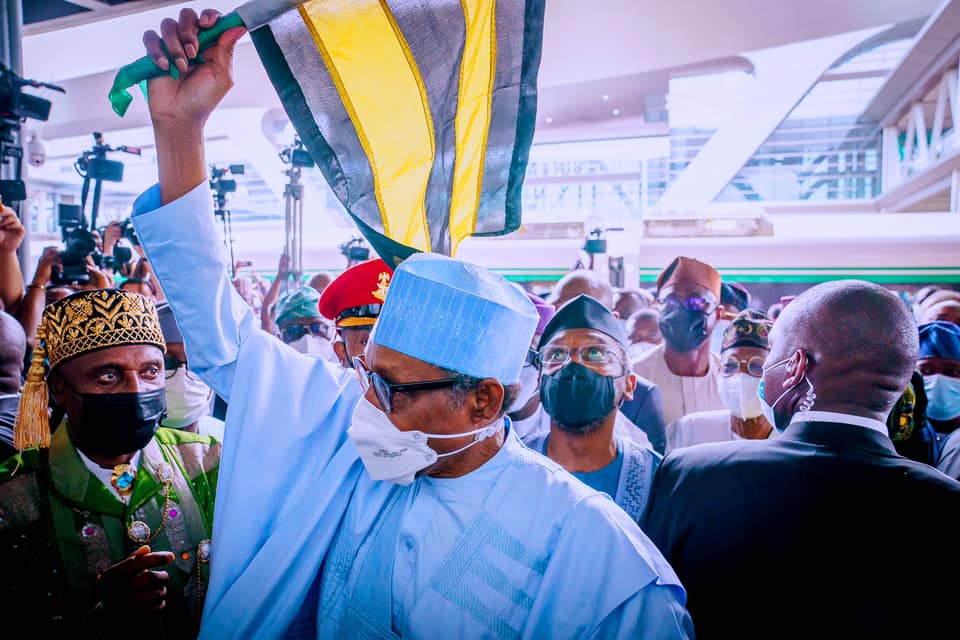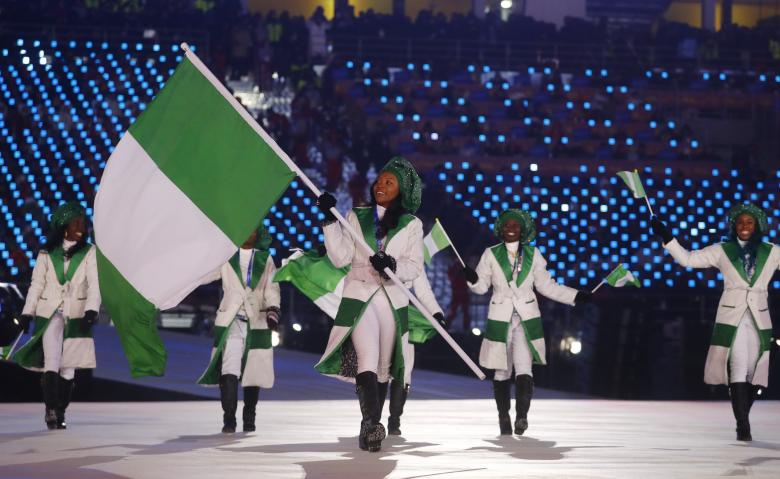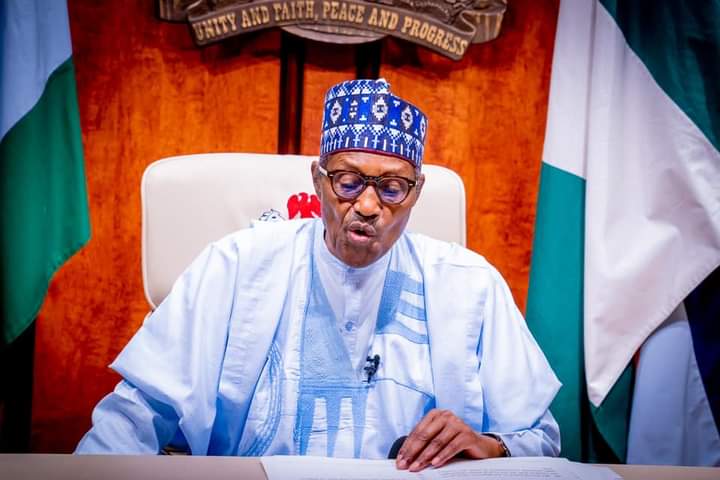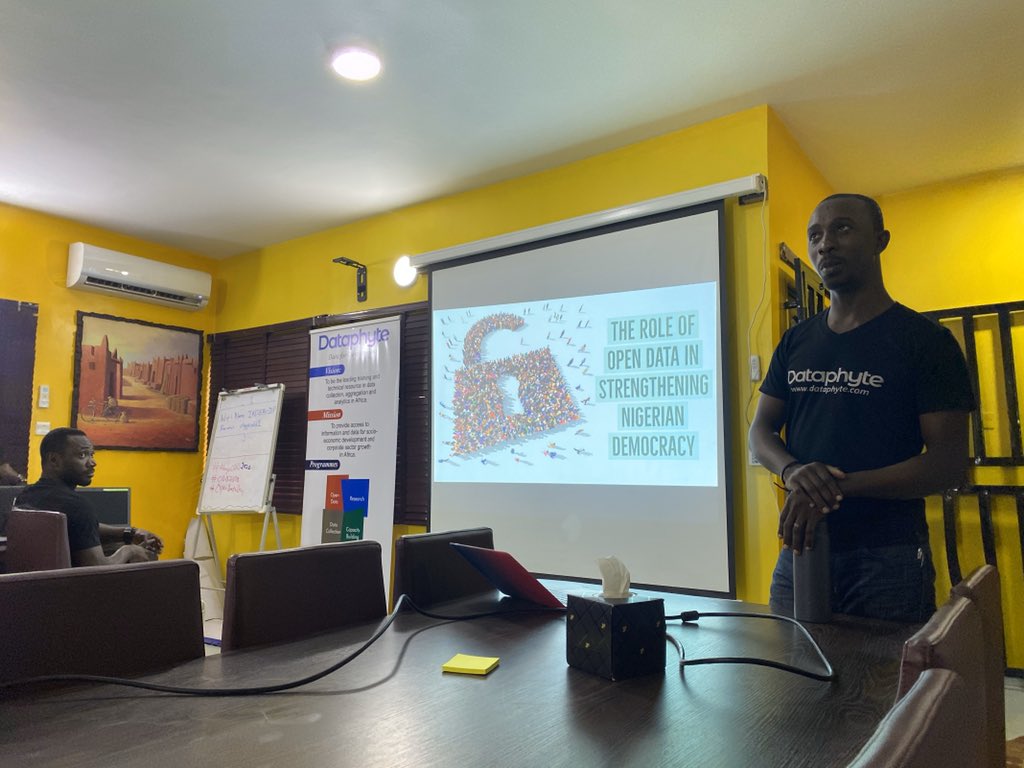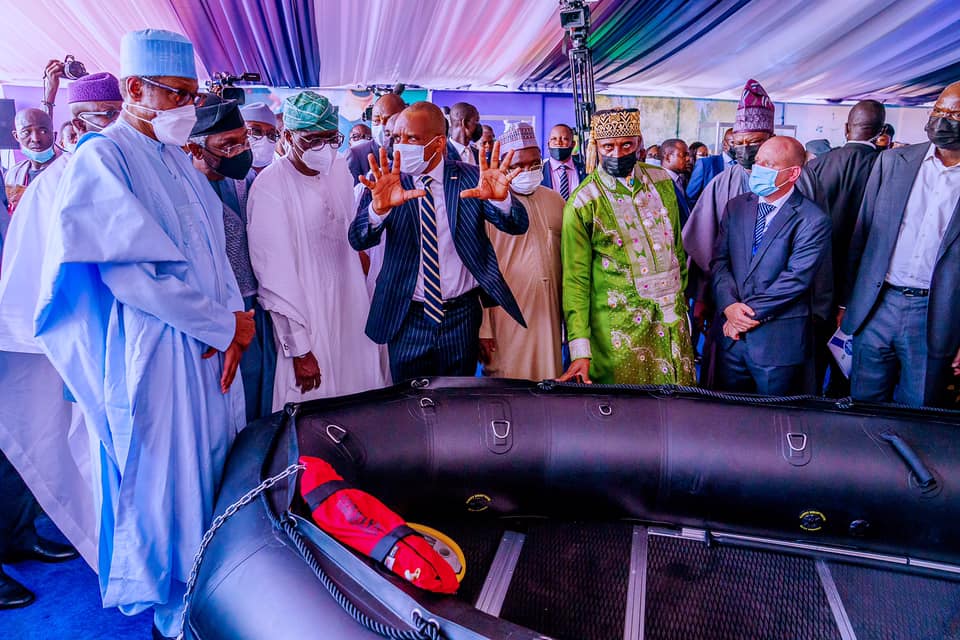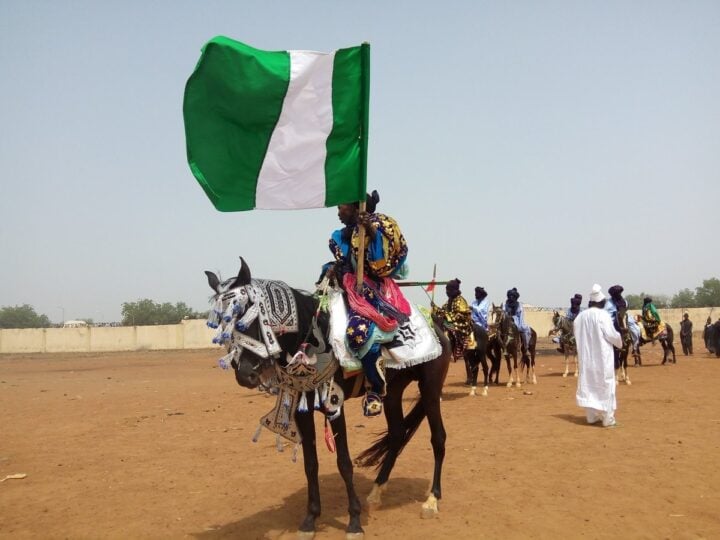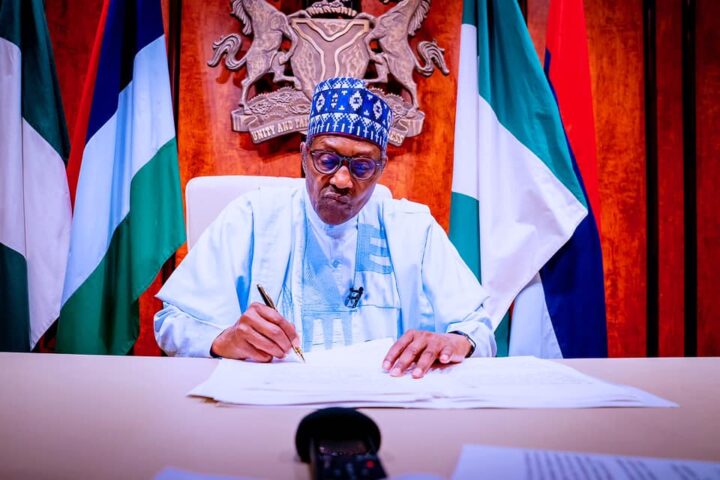The next two years are going to be very difficult for President Muhammadu Buhari as his presidency winds down and the politics of electing his successor heats up the polity. In order to reduce the rising tension and achieve some of the still feasible goals the government has set for itself, it is imperative the President spends time reflecting on the past six years, the next two and his legacy.
It is no secret that the economy has struggled in the last six years with two recessions, overall sluggish annual growth averaging 0.7% between 2015 and 2020, weak Federal Government fiscal accounts, depreciating Naira, deteriorating external sector with three years of negative balance of payment (imports exceeding exports) within the last six, high inflation and high unemployment. In short, all major macroeconomic indicators have deteriorated and continue to deteriorate. While low crude oil price, reduced crude volumes and covid-19 played a role, the weaknesses have persisted since 2015. Indeed, balance of payment was negative $17 billion in 2019, the worst on record, and it was a year in which average crude oil production was 2.01 million barrels per day and average crude oil price was $64 per barrel. Production in the first quarter of 2021 was 1.72 million barrels a day and average crude price was $60. The implication is that unless crude oil volumes rise above 2 million barrels per day and price exceeds $70 or Nigeria finds other sources of foreign exchange, the Naira will continue to struggle. The government cannot do anything about crude oil demand and price, but it can work to make Nigeria an attractive investment destination for both Nigerian and foreign investors.
On the security front, while Shekau is now dead, thank God, bombings outside Borno state have also been largely eradicated, high levels of insecurity still remain. Kidnappings, banditry, farmers’ and herders’ conflicts and rising insecurity in the South East are threatening to drown out any perceived gains against Boko Haram.
Given the above situation and the impeding politicking around the 2023 election, the President really needs to dig in. The starting point is for the President to seriously consider a cabinet reshuffle. The challenges ahead demand that. There are many high-quality Nigerians the President can call upon to reinvigorate his team and give it a sense of urgency for the high-stake challenges ahead. Ideally, the President should reduce the average age of his cabinet by appointing more younger Ministers in any reshuffle. Not only will they bring their youth energy and new ideas to the cabinet, the President will also be grooming the next generation of leaders, an important function of any leader.
Advertisement
Next, the President has to deal decisively with the many security threats Nigerians face daily. The lack of obvious success against kidnappers, armed bandits etc. is emboldening other criminals to also try their luck as they detect a sign of weakness in the country’s response to security threats. This is why decisive actions are absolutely necessary now, because these attempts will continue unless strong and consistent actions against criminals are taken immediately.
The President then needs to address the glaringly weak economic outcomes under his watch, which he himself has acknowledged. Turning around the economy and getting it to start growing at 6% plus will be a herculean task but one that has to be faced and one that is vital. The insecurity in the country is partly fuelled by increasing poverty and helplessness among youths who have little to lose. Faster economic growth will not only create the jobs that will eventually help in curbing the rising insecurity, it will also help repair the government’s fiscal accounts and provide government with the revenue it needs to continue investing in infrastructure and social investment.
The Presidential Economic Advisory Council and other commentators and pundits have provided ample advice on how to reposition the country’s economic trajectory from one of slow growth to one of high growth. Advice though won’t cut it until it is acted upon. Priorities need to be decided by the President based on well considered trade-offs and low hanging fruits, because there is simply no time nor resources to implement all the recommendations. Choices must be made.
Advertisement
Foreign direct investment is badly needed. Not only because of the foreign exchange it will bring and the technical knowhow, but also because there is simply not enough money in the Nigerian economy to fuel the sort of growth that is required. For example, according to data from the Central Bank of Nigeria (CBN), total banking credit to the economy as at end of December 2020 was N20.5 trillion (equivalent of $50 billion at N410 to $1) and total banking sector deposit was N35.5 trillion (equivalent to $86.5 billion). To put in context Apple Inc plans to spend over $400 billion in capital spending between 2021 and 2025 in the United States alone. What these numbers clearly show is that financial depth in Nigeria is very low. Nigeria simply does not have the money to engineer high economic growth. Accordingly, unless the government increases efforts to attract foreign money, growth will continue to be very sluggish.
Furthermore, the current statist approach won’t accelerate Nigeria’s economic growth. This is because the fiscal position of the Federal Government (FG) is very weak. The Federal Executive Council recently approved additional borrowing of N722 billion to fund a supplementary 2021 budget. This is in addition to the record borrowing of N5.4 trillion in the 2021 budget. Furthermore, although the government keeps reminding Nigerians of the low revenue it is receiving compared to the previous government, what it forgets to add is that Federal Government debt has increased from N7.9 trillion and $6.45 billion end of 2014 to N16.02 trillion and $28.57 billion end of 2020. That is an increase of N8.12 trillion and $22.1 billion dollars. By the time President Buhari leaves office, Federal Government domestic debt will exceed N21 trillion, while foreign debt will exceed $30 billion and CBN direct financing of FG will exceed N12 trillion from less than N1 trillion in ways and means inherited from the previous government. Indeed, the FG has borrowed in the last six years, both from the domestic and foreign capital market and the CBN, more than its entire revenue during the same period. Not only has the FG been on a borrowing binge that is clearly unsustainable, the next government will be severely constrained from even modest borrowings due to the current binge.
Therefore, the Federal Government simply does not have the money or the borrowing capacity to fund the growth that is required to create jobs and reduce poverty. Foreign capital and private investments are absolutely critical in ending the current sluggish growth. Accordingly, the FG needs to shed its current statist approach and find ways to incentivise and encourage private investments.
Nigeria is at a crossroad. It is being challenged by criminals, agents of destruction and opportunists who sense weakness and like vultures, are waiting to feast. Some are calling Nigeria a failed state, which it isn’t, but that is the nature of propaganda: repeat lies so many times and people might just start believing them. The good thing though is that there are millions of Nigerians that are daily defending the country and believing it will succeed against all odds. These millions of Nigerians are counting on the President to address the challenges.
Advertisement
The Federal Government needs to stand strong and make it clear to all that it is perfectly capable of ensuring the security of all citizens. The President needs to reenergise his cabinet in order to tackle the security and economic challenges. Finally, the President needs to find ways to unify the country and rally round Nigerians to support Federal Government efforts at improving security and turning around the economy. In the final analysis, this is what will determine the President’s legacy.
Views expressed by contributors are strictly personal and not of TheCable.
Add a comment
